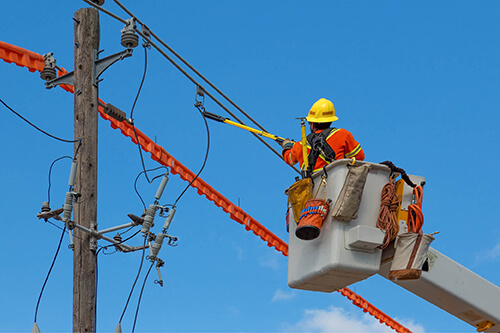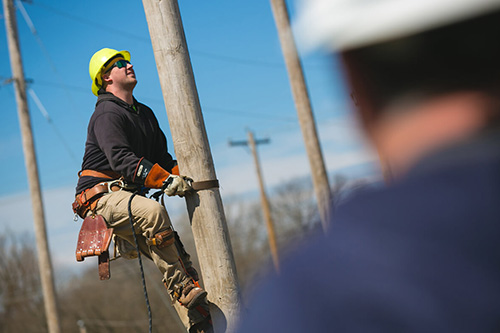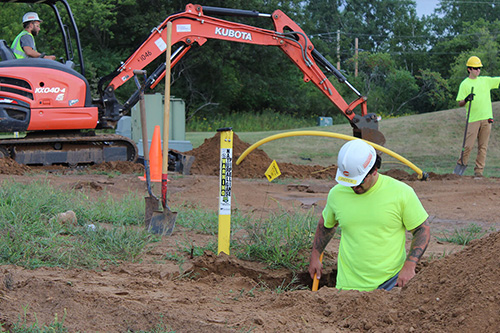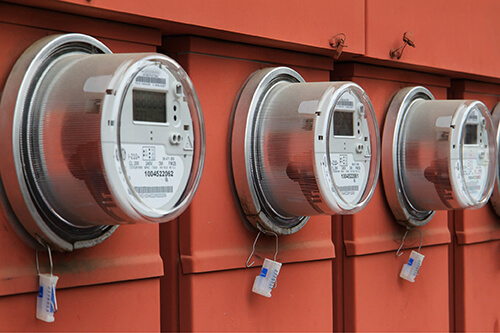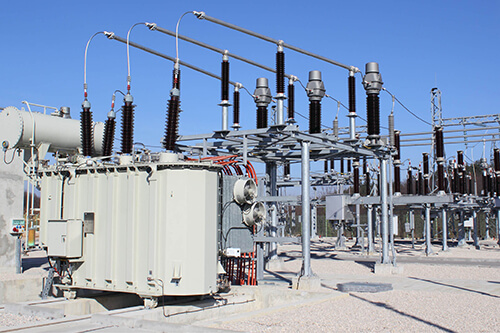
Energy
Surge forward your future in a fast-paced industry that drives progress and powers communities. Our NWTC Energy programs and apprenticeships in solar power, gas utilities, and electrical power prepare you for high-demand careers. Train with cutting-edge technology and experienced instructors. With strong job growth and excellent earning potential, your future in energy starts here.
- Power up your earning potential. Median starting salary for 2023-24 Electrical Power Distribution grads was $63,750, and Gas Utility Construction program grads earned $62,500 per year. See graduate success info.
- Train in real-world labs. NWTC's Great Lakes Energy Education Center is our innovative 30,000 square foot facility housing programs in power generation, transmission and management. The building is powered by renewable energy and showcases energy-efficient design technologies. In addition, our 13-acre Outdoor Utilities Lab was specifically designed by NWTC instructors to provide hands-on, industry-relevant training.
